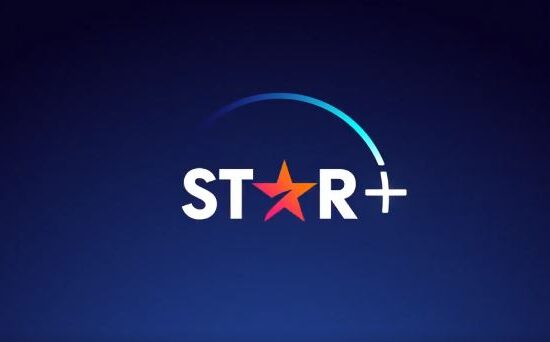
The BBC has been urged to publish a detailed blueprint on how it plans to transition to an internet-only future by an influential UK government committee.
Late last year, Director General Tim Davie delivered a set piece speech in which he forecast a “move to an internet future with greater urgency” and predicted this could happen in the 2030s.
Issuing a report into BBC Digital today, the UK’s Public Accounts Committee (PAC) said the public broadcaster “should develop a detailed plan including scenarios for how it could switch to an internet-only future.” To ensure “no-one is left behind,” it should work with government audience representatives and wider stakeholders, added the committee.
While the BBC has a £500M ($625M) digital investment plan in place for the next two years, the PAC said this could feed more clearly into the internet-only future plans.
The BBC has long attempted to be a trailblazer in the space but frequently points out that some of the UK population still doesn’t have access to broadband, and it would therefore fail to meet its universality requirement if it were only accessible via the internet.
The PAC pointed to the 2016 closure of BBC Three as a linear channel, which was reversed six years later, “as an example of where [the BBC] moved too soon and audiences did not follow.”
“Although the BBC appears to have rowed back from some of the details of its [2022 internet-only] announcement, or at least from what was reported, the BBC is bullish about moving to a fully digital future,” added the PAC report. “We have kept a close eye on progress. We understand the challenges associated with this as well as the varying [broadband] speeds nationwide and therefore the possibility of leaving audiences behind in an internet-only future.”
More urgently, the BBC was tasked by the PAC with writing to it within two months to set out whether the £500M is “sufficient to achieve its plans,” “how it will achieve all the required savings” and “what will happen to digital plans if it is unable to achieve its savings target?.”
This task has been made more difficult by the recent Annual Plan showing that the BBC’s concurrent savings target has rocketed by 40% to £400M, with the BBC responding by cutting 1,000 hours worth of shows per year. The corporation is projecting a deficit next year of £352M, up from this year’s £271M.
Elsewhere, the BBC was urged to set out how it plans to retain staff with digital skills following a 23% staff turnover rate in its digital product group as of June 2022, and told to “move more quickly” on the development of a personalization strategy.













